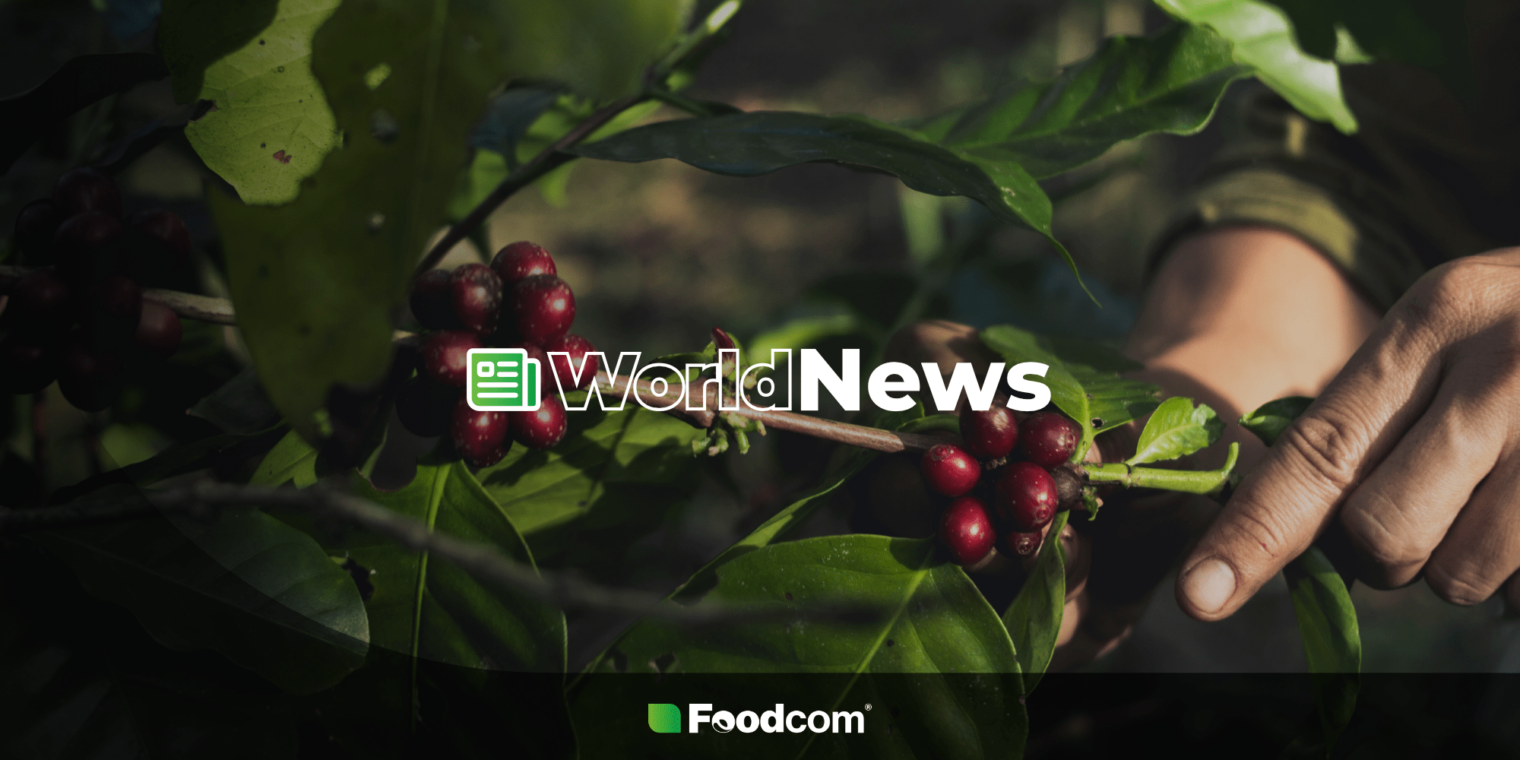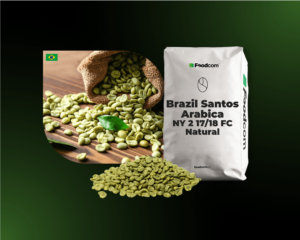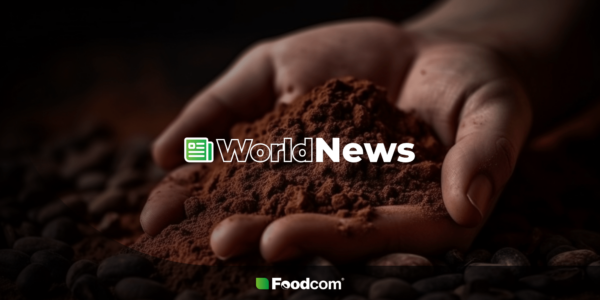- The US will introduce a 50% tariff on all goods from Brazil, including coffee, from August 1, 2025.
- Importers are speeding up deliveries and reaching for stocks from Canada and Mexico to avoid the new charges.
- Coffee prices in the US have already risen by 12.7% year-on-year, and a further wave of increases is expected once the tariffs come into force.
- The shift in trade will hit the US market, forcing companies to source more expensive and less stable supplies from other regions.
Market reacts sharply to tariff announcement
From 1 August 2025, the US will impose a 50% tariff on all imports from Brazil, including coffee – the most important commodity for the US consumer market. In response to the news, traders are speeding up deliveries: some ships are changing course during the voyage, others are abandoning planned stops to offload ahead of schedule. Importers are also reaching for stocks stored in Canada and Mexico that were supposed to be destined for markets there. The aim is one thing, to avoid hefty tariffs and secure deliveries in the coming months.
For many companies, however, time is working against them. Not all cargoes can be redirected, and Brazilian exporters such as the cooperative Expocacer report that it is not possible to renegotiate contracts with delivery dates after 1 August. The new duty will be borne entirely by importers, who will pass the cost on to end consumers.
Coffee price increases inevitable
Even before the tariffs came into effect, US roasted coffee prices rose by as much as 12.7% year-on-year in June. This is the highest annual increase in more than two and a half years. This increase is the result of last year’s shortages and speculative demand. If the tariffs are maintained, the market faces a wave of further increases. Importers are already updating their wholesale price lists to include a 50 per cent surcharge for each shipment delivered after 1 August.
The changes could also disrupt the global balance of power: Brazilian coffee, which makes up ⅓ of the US market and is the basis for most blends used by Starbucks, Dunkin Donuts and Tim Hortons, among others, will be diverted to Europe and Asia. In turn, the US will be forced to increase purchases in Africa and Central America, which means higher logistics costs and possible quality or continuity of supply issues. According to importers, this type of tariff policy hits the US market and companies directly, not foreign producers.








